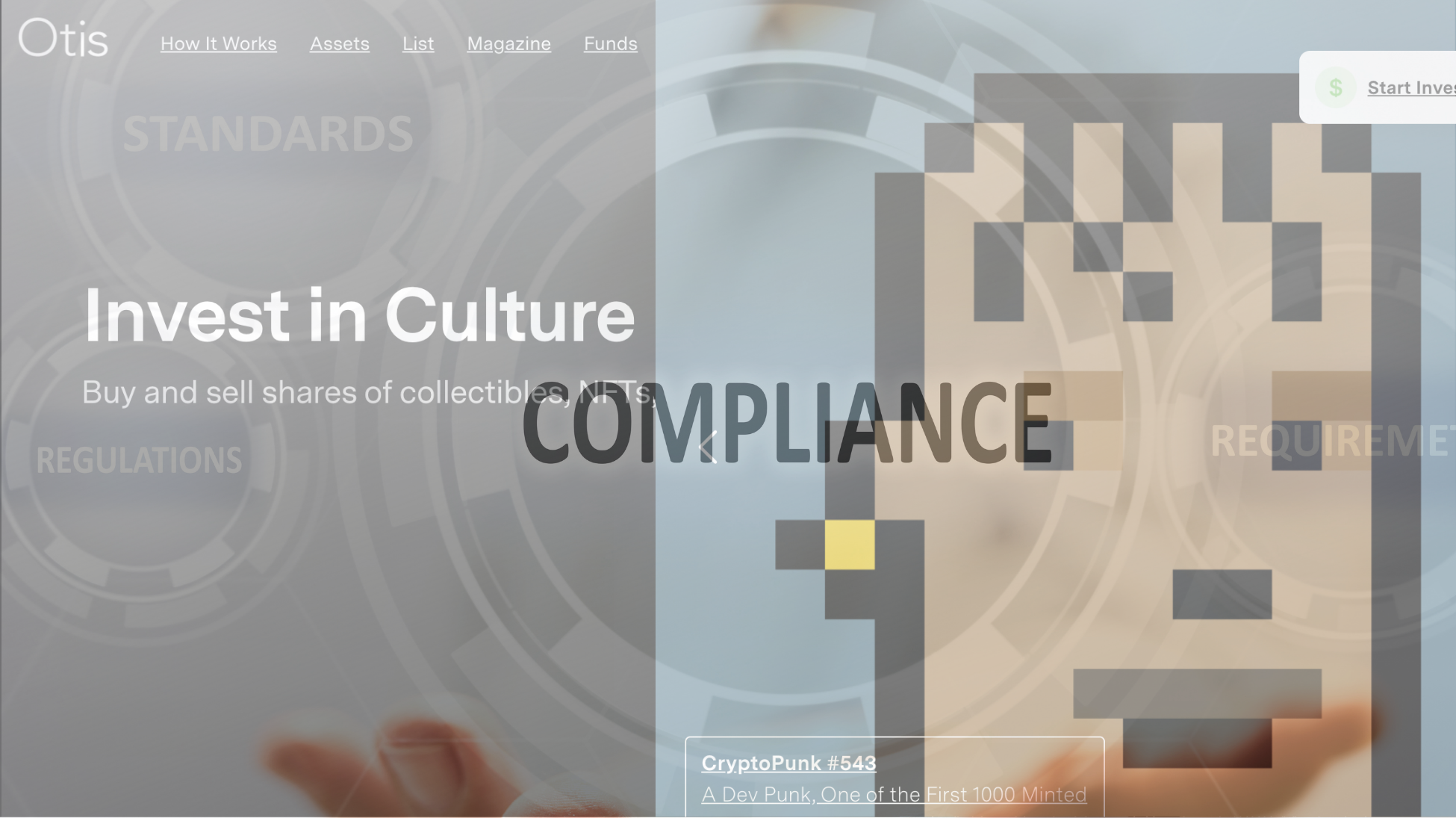GUARDD, a Denver-based startup specializing in illiquid securities compliance, announced it is expanding operations to include secondary trading compliance for crypto asset securities following recent enforcement action by the SEC. In the action, the SEC defined nine crypto assets as “crypto asset securities,” changing what has once been argued as a commodity, a security. Doing so now means those nine securities must comply with securities laws. “Existing crypto issuers and exchanges, as well as proposed token issuers, should consult with legal counsel, consider how to comply or be exempt from federal and state securities laws, and find a go-to-market strategy that includes regulated market enablers,” says Sherwood Neiss, CEO at GUARDD.
Using a Supreme Court ruling that created what is widely known in the securities industry as the Howey test, the SEC asserted that the crypto assets were securities. Each security will have to face rescission offers whereby they recall and repay investors. Then they will have to register those securities offerings with the SEC or find an exemption from registration like; Regulation A+, (which allows both retail and accredited investors but is qualified by the SEC); Regulation Crowdfunding (which allows both retail and accredited investors but is capped at $5M); 506c (that allows for unlimited raises but only from accredited investors), or take their offering offshore and geofence out US investors.
Each of those issuers also faces potentially large legal bills and fines. In similar cases in 2018, where ICOs were deemed securities, the issuers were fined $250,000. In addition, these issuers will have to maintain their registrations and file periodic disclosure reports. Giving investors current and ongoing company and financial information related to the well-being of the NFT/token/security.
The SEC has been foreshadowing its desire to reign in crypto assets for months in a series of speeches by Chairman Gensler in front of Congress and at investor protection meetings. Given that the SEC has been adding to its enforcement division over the past year, more actions against issuers and exchanges are expected in the next few months.
Issuers that wish to be compliant should leverage a series of market enablers that can allow crypto assets to be issued and traded in a regulated manner. CryptoPunk #543 and CryptoPunk #2142 did this. Each of these NFTs was acquired via part of a securities offering by Otis Collection. Otis used Regulation A. Once approved, Otis then used GUARDD to comply with secondary trading, and a report was published in Mergent’s National Securities Manual. These NFTs are trading on Otis’s platform using Dalmore Group as the broker-dealer of record. As regulators come down on NFTs, CryptoPunk #543 and CryptoPunk #2142 will likely avoid scrutiny.
“The key things crypto issuers need to keep in mind going forward,” says Sherwood Neiss, CEO of GUARDD, is “register or find an exemption, report, and comply.” This is the 3 step process outlined above by Cryptopunk NFTs.
GUARDD, founded in August 2018, provides ongoing private company financial disclosures so illiquid securities can compliantly trade on secondary markets. Since some NFTs may be considered securities, GUARDD can assist them in trading within securities laws rather than defying them.
“What most issuers of securities don’t understand,” says Neiss, “is that while securities may be excluded from Federal registration in a primary offering. In many cases, they are not excluded from state registration and oversight (aka Blue-Sky laws) when it comes to the secondary transfer of those securities. For a small issuer, complying with a patchwork of state-by-state registration is too costly, bureaucratic, and confusing. This is the service GUARDD provides and the pathway those two NFTs have taken.”
GUARDD, founded in August 2018, began processing Blue Sky reports in early 2021 and formed a key partnership with Mergent, owner of the National Securities Manual, RIVIO, which provides authenticated audit reports, and the AICPA, where GUARDD is a member of the 2021 Accelerator cohort.
While GUARDD’s clients are private companies and the creators/issuers of NFTs, its partners are broker-dealers, Alternative Trading Systems, transfer agents, and the like. Compliance is a key part of what they do, and disclosures play a role in the secondary transfer of securities.
The startup focuses on helping private companies and their investors comply with the Manual Exemption so their securities can freely trade. Compliance with secondary trading will be crucial for exchanges seeking to facilitate the trading of NFTs as the regulators enforce securities law.
“Really, what GUARDD says is that if you’re a creator or an exchange, and you wish to list an NFT for sale, you need to understand how Blue Sky laws play a role and how to comply,” Doug Ellenoff, Partner at Ellenoff, Goldman and Scholle LLP a securities law firm said.
GUARDD estimates that more than 90% of the world’s exchanges that sell to Americans will have to comply with the Manual Exemption and bona fide ongoing disclosures as soon as the regulators begin enforcement.
GUARDD already counts exchanges like PPEX and Templum among its partners and Public.com, Collectable, and Landa among its customers. Financial institutions and brokers are also reaching out to GUARDD, Neiss said. “So, we’re seeing a large influx of companies moving up their own secondary trading compliance, so they don’t lose anticipated transaction volume.”
Media Contact
Company Name: GUARDD
Contact Person: Sherwood Neiss
Email: Send Email
City: Denver
State: Colorado
Country: United States
Website: guardd.com

